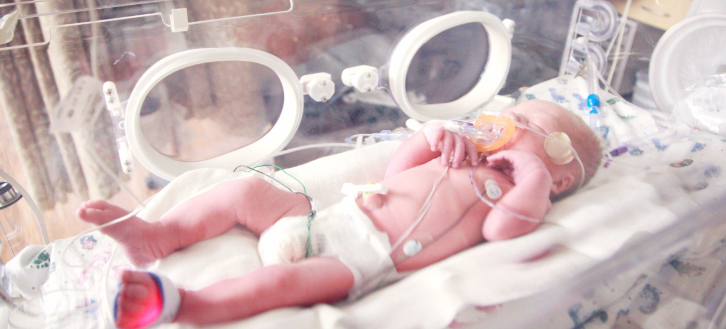Photo Credit: Liudmila Chernetska
Bempikibart is a novel IL-7/thymic stromal lymphopoietin (TSLP) inhibitor that was associated with clinically meaningful and durable responses in patients with severe or very severe alopecia areata (AA) in the phase 2 SIGNAL-AA trial. The responses continued to improve even after participants stopped taking the drug.
“Bempikibart blocks IL-7 and TSLP signaling,” said Brett King, MD, Yale Medicine, Connecticut. This investigational drug was tested in a population of patients with severe to very severe AA (n=41) in part A of the phase 2 SIGNAL-AA study. Participants were randomly assigned 3:1 to bempikibart 200 mg, every 2 weeks, or a placebo. The primary endpoint was the percentage change in the Severity of Alopecia Tool (SALT) score in week 24.
In week 24, participants on bempikibart had a significantly reduced SALT score compared with participants on placebo. In participants with baseline SALT scores from 50 to 95, the mean percentage change in SALT score was approximately 25%, whereas the corresponding number for patients with SALT scores from 50 to 100 was about 18%. “Interestingly, data through week 36 showed a continued benefit over time, supporting the potential of a durable effect after drug cessation,” added Dr. King. “This is consistent with the predicted mechanism of action.” In fact, of the 12 participants who responded and completed the trial, seven had additional hair growth by SALT assessment post-treatment. Finally, the safety profile was favorable, and no grade 3 or higher treatment-related adverse events were reported.
“We will continue to evaluate bempikibart in the B part of the study and in the open-label extension study of part A,” Dr. King concluded his talk.
Medical writing support was provided by Robert van den Heuvel.
Copyright ©2025 Medicom Medical Publishers



















Create Post
Twitter/X Preview
Logout